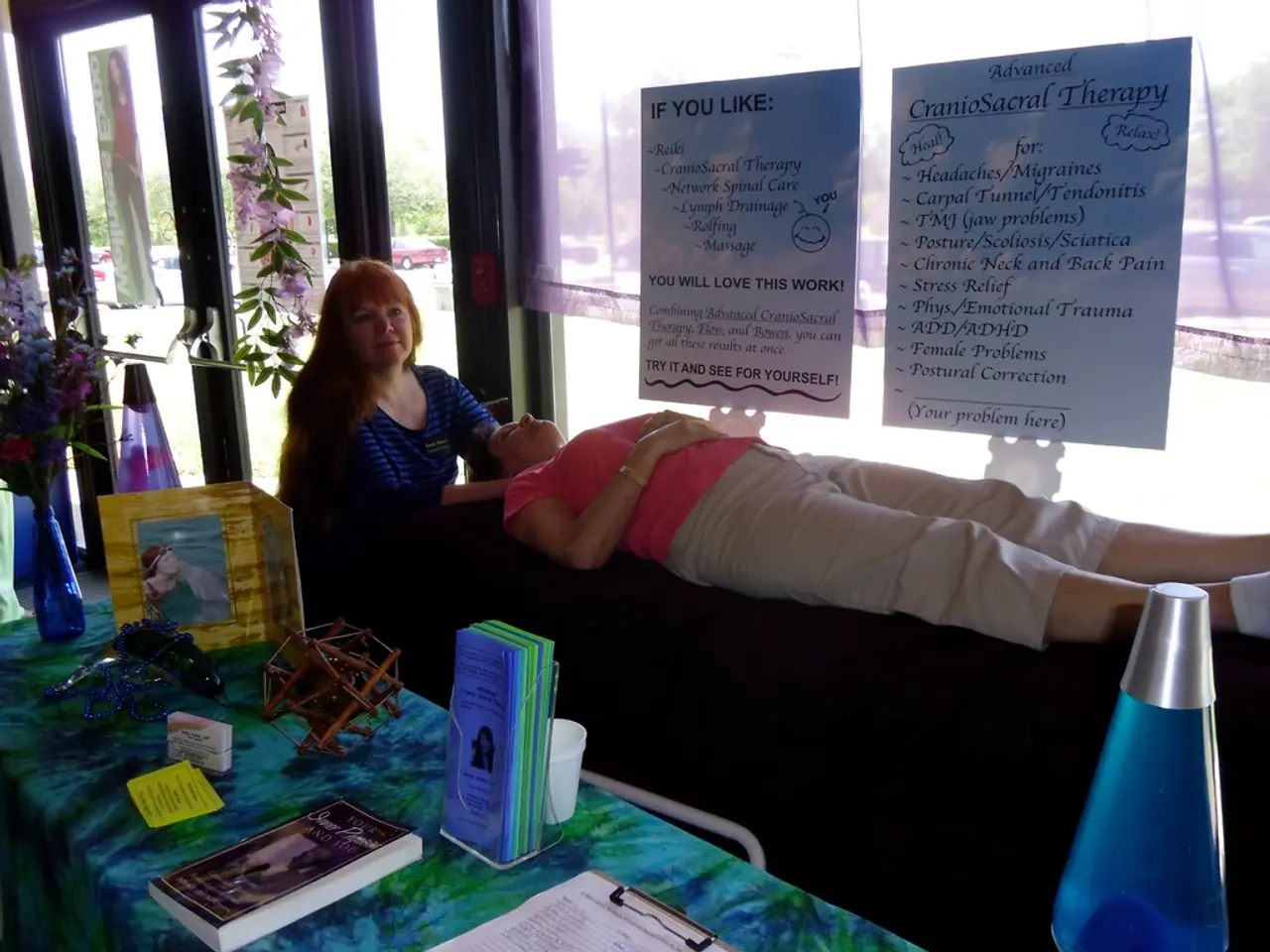Survival Strategies for Life with a Disability
In a world that often overlooks the unique challenges faced by those with disabilities, it's essential to understand the importance of connection and support. Isolation can be a common struggle, but feeling connected is crucial for mental health and well-being.
Fortunately, there are numerous resources available to help individuals navigate their journeys and thrive.
Disability Rights and Advocacy
The American Civil Liberties Union (ACLU) offers a resource focused on disability rights and advocacy. Meanwhile, the ADA National Network provides information, guidance, and training on the Americans with Disabilities Act, which protects individuals with disabilities from discrimination and ensures fair and reasonable accommodations at work, school, and in public areas.
The National Disability Rights Network (NDRN) offers protection and advocacy for the rights of people with disabilities in the United States, while The Arc promotes and protects the human rights of those with intellectual and developmental disabilities (IDD).
Peer Support and Community
Research indicates that peer support is highly effective and has a profound impact on mental health. Yoocan, a global community, helps people with disabilities find support and connect with resources. Actively seeking out friends, peer groups, and online communities that affirm one's experience and identity can help overcome feelings of loneliness.
Self-Compassion, Routines, and Accommodations
Practical strategies help individuals cope with disabilities. Cultivating self-compassion, through practices like mindfulness, meditation, and cognitive-behavioral techniques, supports emotional grounding and reduces the mental chaos that can accompany disability-related challenges.
Creating a daily routine, especially structured and predictable schedules, reduces stress and provides a sense of security. Incorporating adaptive equipment and assistive technologies within routines improves safety and independence in activities of daily living (ADLs).
Advocating for accommodations, including communicating needs clearly to healthcare providers, workplaces, and social contexts, is crucial. This means educating others and developing self-advocacy skills to secure appropriate resources and rights, thereby enhancing agency, self-efficacy, and reducing feelings of helplessness.
Building Supportive Relationships
Supportive relationships from family, friends, therapists, and peers provide emotional validation, practical assistance, and encouragement. Therapeutic environments that emphasize empathy and empowerment enable coping with stigma, ableism, and systemic barriers. Building networks prevents isolation and promotes engagement in community and personal goals.
In conclusion, a comprehensive approach that includes self-compassion, structured routines, advocacy for necessary accommodations, and building supportive relationships enhances emotional resilience, autonomy, and quality of life for individuals living with disabilities.
If one does not have this type of support, they have every right to seek it out. Resources like Independent Living Research Utilization (ILRU), Disability:IN, The Arc, Disability BelongsTM, Disability Rights Education and Defense Fund (DREDF), National Council on Independent Living (NCIL), and Disability Rights Fund are all readily available to offer guidance and support.
Online therapy can be a valuable resource for mental health and personal growth, providing a safe space to discuss challenges and work towards resilience. science has shown that investing in education-and-self-development, such as learning about mental-health and health-and-wellness, can lead to improved mental health outcomes. Furthermore, seeking out supportive communities like peer-support groups, Yoocan, or online therapy platforms can provide a sense of belonging and connection, which is essential for mental health and well-being.




